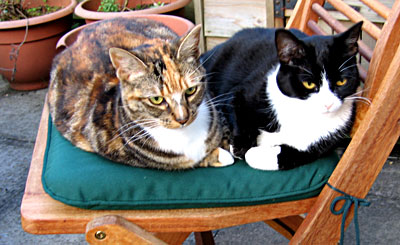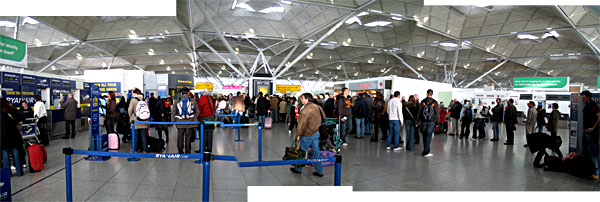Peter Preston has a very observant piece about the state of broadcast TV. He starts from the fact that Peter Paterson, TV Critic of the Daily Mail has retired.
After Paterson, who? Actually, after Paterson, nobody. The Daily Mail has ceased to review television programmes: an unannounced, but significant, decision. The Mail, though, does nothing without careful forethought. And the thought here has a steely logic to it.
Once upon a time, television was full of national moments: mass audiences of 10 million or more tuning in and wanting to follow through the next day. But now that audience – fragmented across hundreds of channels – has virtually ceased to exist. Most of the time, any review of any show can only be valuable to a relatively small percentage of readers. Soaps? An exception, perhaps: you can catch up with them in the Saturday supplements. But through-the-week reviews have lost their relevance, just like television’s dominance of mass entertainment. (Goodnight ITV!) Use the space for more listings and previews, then, if you must. But recognise that the world has moved on….
It has. This stuff has a personal resonance for me because I was a TV critic for 13 years — the last nine on the Observer — and it was a wonderful occupation, because there was usually something interesting to watch — evenin the depths of the summer. It was also fascinating because in those days there were still huge audiences for individual programmes and series, and every viewer is a TV critic. So I had a wonderful postbag. It was like participating in a huge national conversation. I’ll never forget the letters I got during the first run of The Boys from the Blackstuff, or of anything by Dennis Potter.
I stopped in 1995, just as ITV was starting to disintegrate (and the BBC started to follow it downmarket) and the Web began to take hold. With hindsight, it looks as though I got out just in time.
For years, I’ve been arguing that the decline in broadcast TV is significant because it was the dominant organism in our media ecosystem. It shaped our society, poisoned our politics and fostered the delusion that most people are passive couch potatoes. So it’s really interesting to see the Mail spot the way the wind is blowing.




